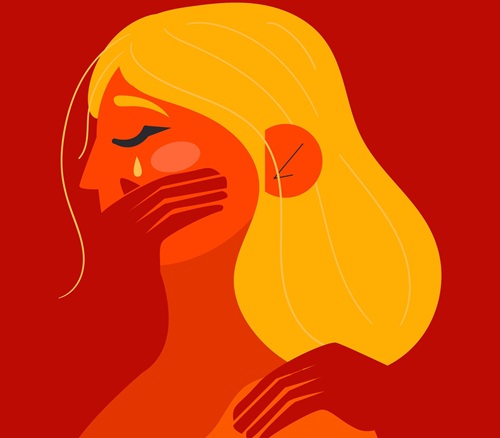Domestic violence is a serious issue that affects many lives across India. Addressing these cases requires not only awareness but also a thorough understanding of the legal remedies available to victims. Domestic violence goes beyond physical abuse and can take many forms, including emotional, financial, and sexual abuse. With the right legal support, victims can find the strength to seek justice and protect themselves from further harm. If you find yourself in this situation, consulting a Domestic Violence Case Lawyer can be a crucial first step in navigating the complexities of your case.
Understanding Domestic Violence and Its Forms
The Protection of Women from Domestic Violence Act (PWDVA), 2005 provides a comprehensive definition of domestic violence, including:
- Physical Abuse: Any act that causes bodily pain or harm.
- Sexual Abuse: Forced sexual contact or conduct that violates the dignity of the victim.
- Emotional and Verbal Abuse: Actions that result in mental harm or trauma, including insults, name-calling, and threats.
- Economic Abuse: Withholding financial resources, denying access to household necessities, or restricting employment.
Steps to Take When Facing Domestic Violence
If you or someone you know is experiencing domestic violence, it’s crucial to take immediate steps to protect yourself and seek justice. Here’s what you need to know:
- Recognize the Signs of Abuse: Being able to identify the different forms of abuse is the first step. Signs include visible injuries, consistent stress or anxiety, social withdrawal, and manipulative behavior from the abuser. Recognizing these signs can empower you to take the next steps towards safety.
- Seek Legal Counsel: A Domestic Violence Case Lawyer can help you understand your rights and options under the law. Their expertise can guide you through filing a complaint, obtaining protective orders, and pursuing other legal remedies. It’s essential to have legal support to navigate the complex legal system and ensure your safety.
- Gather Evidence: Before filing a complaint, collect evidence that supports your claims of abuse. This can include photographs of injuries, medical reports, text messages or call recordings, and witness testimonies. A well-documented case can make a significant difference in court proceedings.
Legal Options Available for Victims of Domestic Violence
India’s legal system provides multiple options to help victims protect themselves and seek justice. Here are some of the key legal remedies:
- Filing a Complaint under PWDVA, 2005: Victims can file a complaint under the Protection of Women from Domestic Violence Act. This Act offers various relief measures, including protection orders, residence orders, and monetary relief to help the victim cover medical and living expenses. Consulting a Domestic Violence Case Lawyer can make the filing process smoother and more effective.
- Protection Orders: A protection order legally restricts the abuser from contacting or approaching the victim. This measure aims to prevent further harassment or violence and ensure the safety of the victim and any children involved.
- Residence Orders: These orders can grant the victim the right to reside in the shared household while restricting the abuser from entering or approaching the premises. It helps ensure that the victim is not forced to leave their home due to the abuse.
- Monetary and Custody Orders: Victims may seek financial support for themselves and their children, especially if the abuser is the primary earner. A Domestic Violence Case Lawyer can assist in obtaining interim or permanent relief for financial needs, as well as custody arrangements that prioritize the safety and well-being of children.
- Criminal Charges: In severe cases of physical violence, victims can file criminal charges under the Indian Penal Code (IPC). Sections like 498A deal with cruelty by a spouse or their family, offering criminal recourse alongside the civil protections of the PWDVA.
The Role of a Domestic Violence Case Lawyer
Navigating domestic violence cases requires legal expertise, especially given the emotional and psychological challenges victims face. A Domestic Violence Case Lawyer can:
- Offer personalized legal advice based on your circumstances.
- Guide you through the process of filing complaints and gathering evidence.
- Represent you in court, ensuring that your voice is heard.
- Help secure protective measures like restraining orders and monetary relief.
Working with an experienced lawyer can significantly ease the legal process, allowing you to focus on your safety and recovery while they handle the complexities of the case.
Seeking Emotional and Social Support
Dealing with domestic violence is not just a legal battle; it’s also an emotional journey. Victims are encouraged to reach out to support services, such as the National Commission for Women (NCW), National Legal Services Authority (NALSA), and NGOs that offer counseling and shelter services. These organizations provide a safe space to share experiences and access immediate support.
Conclusion
Handling domestic violence cases requires courage, awareness, and the right legal guidance. By understanding your rights and working with a Domestic Violence Case Lawyer, you can take meaningful steps to protect yourself and seek justice. Remember, you are not alone, and there are resources and professionals ready to assist you every step of the way. Reach out, stay strong, and prioritize your safety and well-being.


